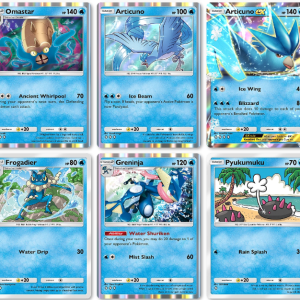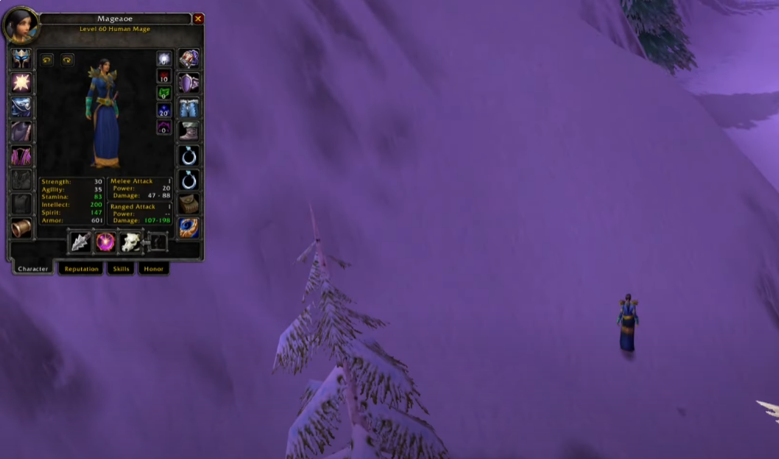Loot rules can be a source of drama in any group, whether questing, running a dungeon, or raiding in WoW Classic. Establishing loot rules before entering a dungeon or raid is vitally important, especially with people you don’t know. If the rules aren't clear upon joining, it's best to ask and even take a screenshot of the response.
Loot Distribution Options
In WoW Classic, the party leader sets the loot distribution rules. Here are the options:
- Master Loot: The party leader designates one person to distribute all loot. This system can be fair if the Master Looter is trustworthy but can be unpopular due to potential abuse. In raids, the master looter loots the boss and announces the items, and players roll
/rollin chat to determine who gets the item. - Round Robin: Party members take turns looting corpses. Although seemingly fair, a savvy player can manipulate the order of kills to get more loot.
- Group Loot: Party members roll on powerful items. This is a common compromise and a baseline attempt at fairness.
- Need Before Greed: Only party members who can use the item can roll on it. If you need the item, you roll "need," otherwise, you roll "greed".
- Free-for-All: Anyone can loot anything. This is useful when assisting someone or if the party is not in the same area.
The group leader can also set an item quality threshold, so items below that threshold are distributed in a round-robin way, preventing rolls on insignificant items. By default, uncommon or better items are rolled for, but in raids, the threshold is often raised to rare or epic.
Older Loot Methods
Prior to a certain patch, the available loot methods were more complicated.
Etiquette
Generally, players usually don't mind if you roll on an item if it's an upgrade and you've asked for permission. Without group consent, changing the loot rules to one's advantage was frowned upon and could lead to being labeled a "ninja".
Changing Loot Rules
Loot rules could be changed at any time, but the change wouldn’t affect previously looted items. For example, if a leader uses Master Loot and then switches to FFA, the items under ML won’t be obtainable unless the leader switches back and loots.
Additional Considerations
- In dungeons, "Need Before Greed" is commonly used.
- Sometimes, groups reserve an item with a master looter. In such cases, the item is reserved, and everything else is "Need Before Greed".
- In raids, "Master Looter" is mostly used.




